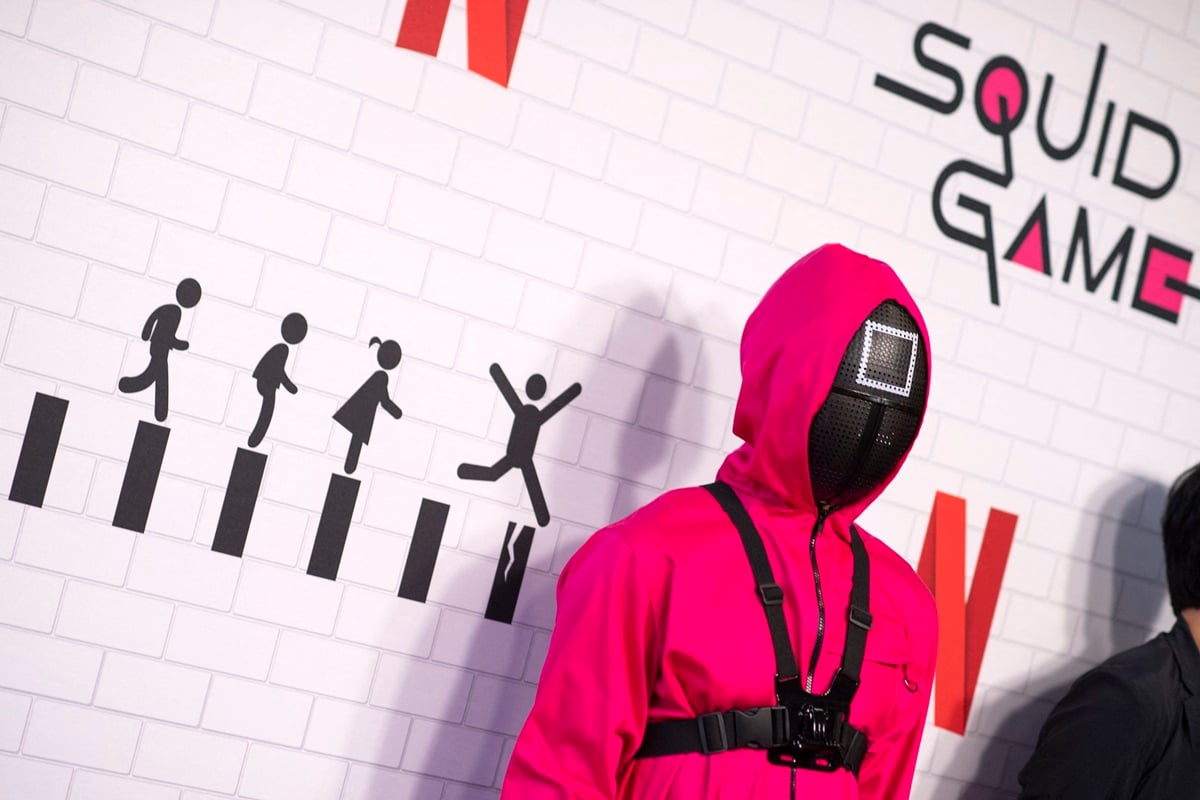
How Does the ‘Squid Game’ Creator Really Feel About His Reality Show Spinoff?
Squid Game released a successful reality spinoff titled Squid Game: The Challenge. The series’ creator, Hwang Dong-hyuk, was very much aware of the reality show’s development. But how much did he support the series?
‘Squid Game’ creator Hwang Dong-hyuk on ‘The Challenge’

Squid Game showrunner Hwang was very sympathetic toward critics of the reality show The Challenge. Fans felt one of the reasons for Squid Game’s success was its commentary on subjects such as classism and wealth disparity. The concern was that a lot of these themes would’ve been lost on The Challenge just based on its nature as reality television. But Hwang felt taking the entertainment aspect of Squid Game too seriously might’ve been a mistake.
“I think that even though our show does carry quite a heavy message, and I know there are some concerns of taking that message and creating it into a reality show with a cash prize, however I feel like whenever you take things too seriously, that’s really not the best way to go for the entertainment industry,” Hwang said in a press conference according to Entertainment Weekly.
“Doesn’t really set a great precedent. So I would say that reproductions of such efforts are going to bring new meaning to the industry, and I hope that this is going to be a great new direction for the industry overall.”
The reality show’s producers didn’t exclude Hwang from the show, either. They actually met with the show’s creator personally for his own input on the project.
“I actually met with the creator yesterday, and they had many questions for me. What I hope is that they will be carrying on my vision and intention as much as possible for the show,” Hwang said.
How ‘Squid Game: The Challenge’ producers differentiated the reality series from the show
The producers behind the reality series couldn’t make a beat-by-beat remake of the original Squid Game. There were certain liberties that had to be taken to better accommodate its reality TV format. Unlike in the scripted version, Squid Game: The Challenge couldn’t touch on the political and social commentary the original provided. But the producers didn’t think that meant they were disrespecting Hwang’s creation.
“You could criticize a Star Wars ride as ignoring the fact that Star Wars is an allegory about an uprising over an evil empire. That is one aspect of Star Wars,” producer Tim Harcourt told The Daily Beast. “But that doesn’t negate the possibility of deriving further [stories] from it.”
Squid Game: The Challenge wanted to focus more on the relationships between characters while also providing its own twist.
“The aspect of it that made it appeal to all of us is that it’s an incredible mechanism for looking at human nature under pressure,” producer John Hay said. “That’s universal, isn’t it? That sits at the heart of a lot of great drama and a lot of great unscripted [shows]. Also, we flipped ours. … Our version is driven by opportunity, rather than being driven by need. Millions of people watched the drama, a lot of them thinking, like a lot of us did, ‘What would I do if I were in that situation?’”
Not having a script for The Challenge meant that audiences wouldn’t have a single protagonist to follow. Producers had to find a way to create the kind of drama demonstrated on the show. But they had to do so in a more organic manner as the contestants faced overwhelming challenges.
“Because we didn’t have a script, we had to find other ways of revealing characters that would bring out moral ambiguity and the opportunity for betrayal, all the kinds of things that the script was doing [in the original show],” producer Stephen Lambert said.


